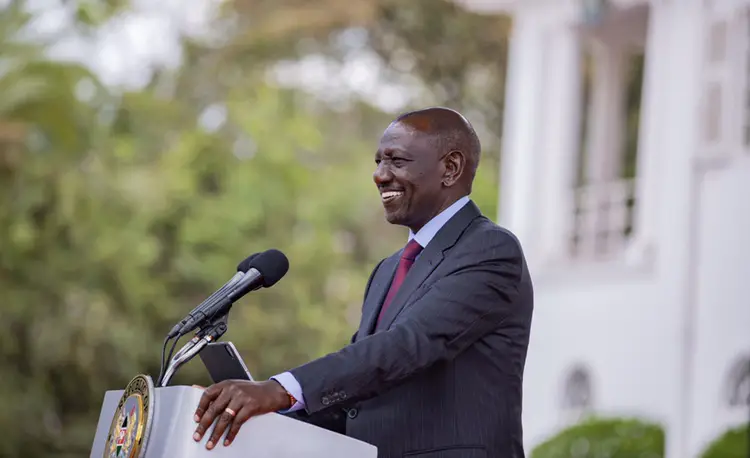Breakdown of The Key Initiatives and policies In The New Health Laws and the Public Health Fund.
President Ruto’s healthcare blueprint is now anchored in new health laws that require Kenyans to contribute more from their earnings to finance the UHC plan.
These laws eliminate the grim possibility of Kenyans being denied healthcare, as the government will cover the costs through the newly instituted Public Health Fund.
Universal Health Coverage (UHC):
The core objective of the healthcare reforms is the realization of UHC, promising equitable access to high-quality healthcare for every Kenyan, irrespective of their location or financial means.
Social Insurance Fund Card:
In the near future, every Kenyan will be issued with a specialized social insurance fund card, granting them access to healthcare services. This initiative extends government coverage to those grappling with financial hardships, guaranteeing that even the most vulnerable members of society are not excluded from healthcare access.
Progressive Taxation:
To fund the UHC plan, the government has introduced a more equitable taxation system. Kenyans will contribute based on their income levels, spreading the financial responsibility more fairly.
Levy on Gross Earnings:
In a bid to fortify UHC funding, the government has put forth a proposal for a 2.7 percent levy on gross earnings. This move ensures that more resources are channeled into healthcare, albeit requiring a slightly increased contribution from most workers.
Transitioning from Curative to Preventive Services:
Preventive and promotive healthcare services have taken precedence in President Ruto’s administration. The introduction of laws that facilitate curative to preventive services transition underscores the commitment to public health, maintaining the well-being of Kenyans, rather than solely addressing illnesses when they arise.
Ensuring Enhanced Access to Healthcare:
Access to healthcare will no longer be contingent on one’s financial capabilities. President Ruto has unequivocally stressed that healthcare will be granted based on the health needs of every Kenyan, erasing the notion of individuals being turned away due to financial constraints.
Coverage for Emergency and Chronic Illnesses:
President Ruto guarantees that every Kenyan will receive treatment at any hospital without the need for prior payments. To reinforce this commitment, the Emergency and Chronic Disease Fund has been established, extending coverage beyond mandatory social health insurance.
Facility Improvement Financing Act:
The Facility Improvement Financing Act has been introduced to guide counties in managing and utilizing revenue generated from health-related services offered at public health facilities.
Engaging Communities:
Local communities are actively participating in the management of health facilities in their localities. A ring-fenced budget ensures that allocated funds will not be diverted.
Empowering Community Health Promoters:
The government is actively supporting a cadre of 100,000 community health promoters. These individuals have undergone training and receive stipends to provide a range of health services, from prenatal care to immunization and treatment of common illnesses. Armed with medical kits and smartphones for data collection, they are at the forefront of Kenya’s preventive healthcare system.
Financial Commitment:
The government’s commitment to grassroots healthcare is demonstrated by the allocation of 3 billion annually for the payment of stipends to community health promoters.
Facility Improvement Financing Act and Digital Health Act:
The Facility Improvement Financing Act addresses underfunding in public health facilities, ensuring that resources are reinvested to enhance healthcare quality. Additionally, the Digital Health Act streamlines technology adoption to improve data sharing and resource utilization.
Also read CS Machogu Defies proposal on Introduction of Standardized School Uniform
